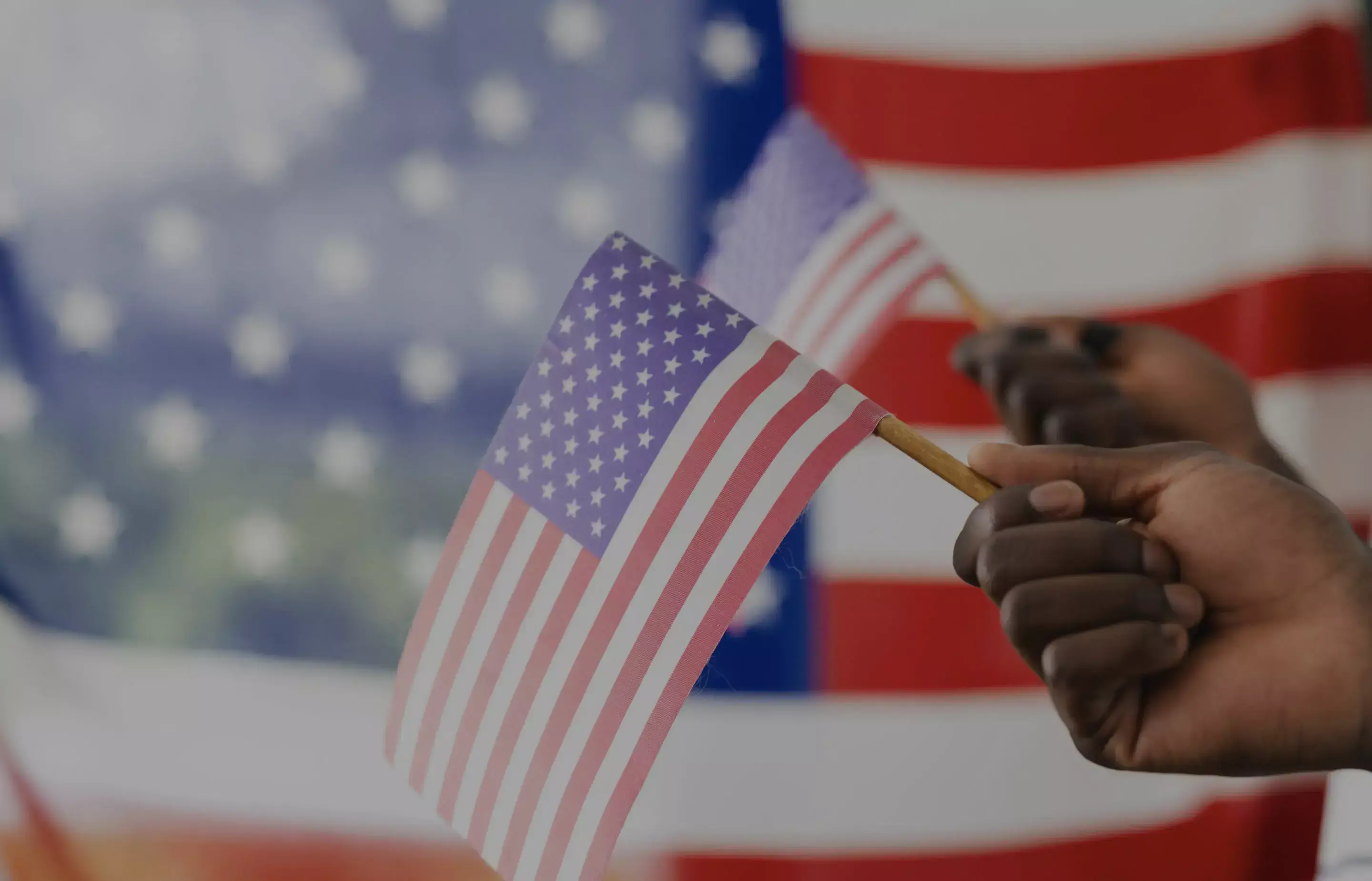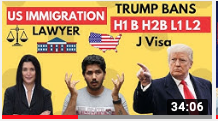President Trump finally signed his much anticipated Executive Order today June 22, 2020 essentially suspending Immigration to the USA until the end of the year December 31, 2020. It goes into effect on June 24, 2020 at 12:01am. This Executive Order only impacts people located outside the USA who do not already have visas or a travel permit to enter.
The Executive Order imposes a temporary ban on the entry of nonimmigrant workers and any alien accompanying or following to join such alien (spouses and kids) seeking to enter the United States with H-1B, H-2B, L-1, and J-1 visa classifications. H-1B and L-1 visas cover skilled workers and intra-company transfers. H-2B visas cover temporary seasonal workers, and J-1 visas cover work and study exchange programs including au pairs, interns, trainees, teachers, camp counselors and summer work travel program participants.
The ban includes nonimmigrant workers who were selected in this year’s H-1B visa lotteries to start working in the U.S. this October.
The order includes exemptions for nonimmigrant workers performing Coronavirus-related medical research, health care professionals, and food supply workers. The order also includes a broad national interest catch-all exception. Other exemptions include some that were in the original green card order, including for members of the U.S, military. The order also does not affect the H-2A agricultural guest-worker program or the F-1 student or OPT Program.
If you are outside the USA with a current H1-B, L-1, H2-A or J-1 Visa, the order will not impact you. If you are outside the USA waiting for a visa interview in one of the above categories (or are the spouse or child of one of these visa holders) AND your visa has not been issued yet, you are impacted by the order which will will be in effect until the end of the year. This Order also does not impact you if you have a valid official travel document such as a travel permit or transportation letter.
President Trump also extended his April 22, 2020 Executive Order suspending the entry of U.S. Immigrants who are outside the USA and who do not have valid visas or travel permits until the end of the year. The above bans exclude:
Lawful Permanent Residents
- Individuals and Spouses and Children of certain health care workers who will perform work relating to Covod-19
- Members of the armed forces, their spouses and children
- EB-5 Immigrant investors
- Spouses, children under 21 and prospective adoptees of U.S. Citizens
- Certain Individuals, their spouses and children eligible for special immigrant visas
- Individuals whose entry would be in the national interest including those that are critical to law enforcement, diplomacy, defense, medical care or research related to Covid-19 or necessary for the economic recovery of the USA.
- Aliens seeking to enter to provide temporary services in the food industry
In addition to issuing an executive order, the White House has asked the Department of Labor (“DOL”) and the Department of Homeland Security (“DHS”) to pursue additional regulatory initiatives restricting the issuance of visas and specifically mentions the H1-B nonimmigrant and EB2 and EB3 Immigrant Visas including for those already in the USA. Any regulatory initiatives would be subject to the usual 30 to 60 day notice and comment rule-making process. After the comment period, any new rules would be implemented no earlier than 30 days after publication in the Federal Register. Those initiatives could come into effect before the end of 2020.
The regulatory initiatives under consideration would include restrictive and costly hurdles to employing skilled foreign workers. Some initiatives we understand that are being considered include:
- Employer and Third Party Customer to file a a Labor Condition Application (“LCA”) on behalf of an H-1B worker assigned to work onsite at the customer’s location.
- Limiting STEM Optional Practical Training (“OPT”) work authorization to 12 months
- Limiting OPT eligibility only to those international students in the top percentile of their classes.
- Increasing H-1B visa filing fees by $20,000,
- increase mandatory minimum wages for foreign workers at every level of the federally-mandated wage scale, and narrow the definitions of “specialty occupation,” “employer,” “employee,” and “employer-employee relationship.”
- Revoking work authorization for spouses of visa beneficiaries under the H-4 visa program, and work authorization for asylees, refugees, and temporary protected status holders.
The Executive Order and these initiatives are expected to be contested in Federal Court.



-4.png)
